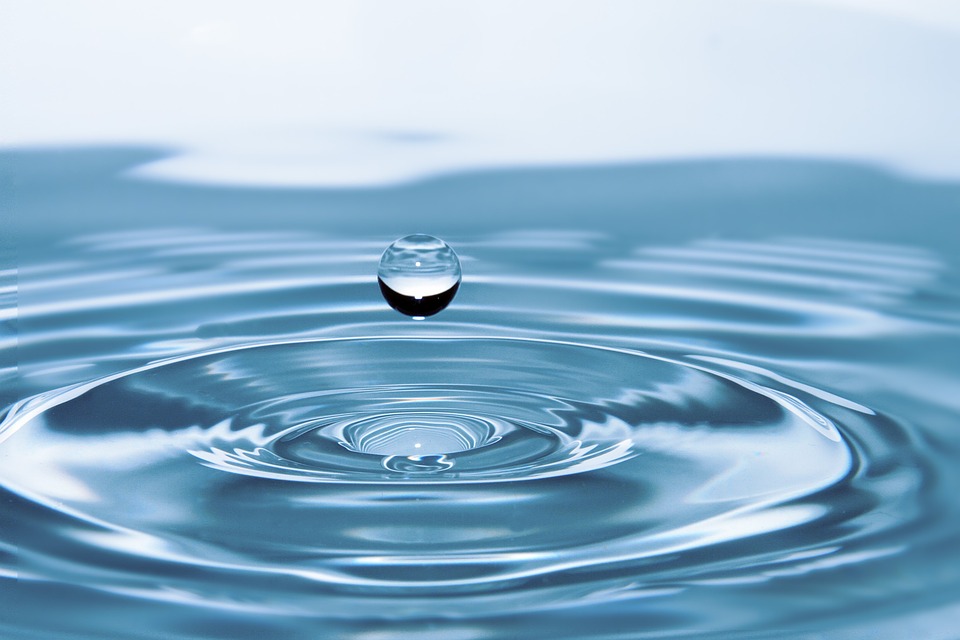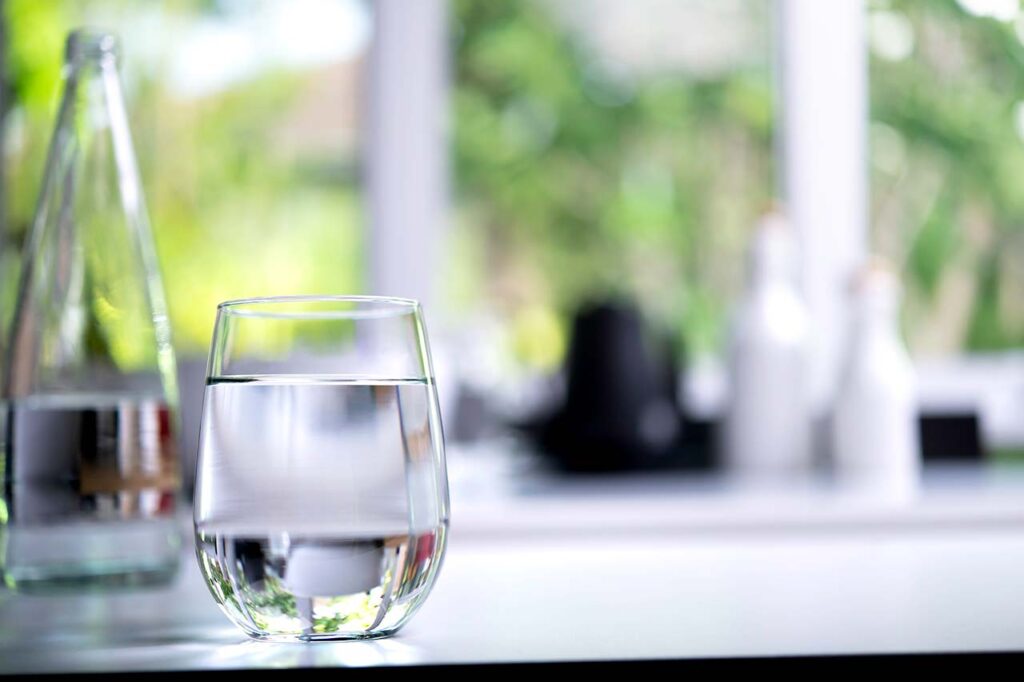Hard Water Testing - An Overview
Wiki Article
Hard Water Testing for Beginners
Table of ContentsWhat Does Hard Water Testing Mean?Some Known Details About Hard Water Testing Hard Water Testing for BeginnersThe Greatest Guide To Hard Water TestingAll about Hard Water TestingRumored Buzz on Hard Water Testing
As soon as the water from your shower dries out, mineral deposits are left, triggering your once-shiny, clear shower doors and fixtures to be covered in water discolorations. Difficult water causes mineral buildup in your pipelines, components, and home appliances, which leads to corrosion and water pressure problems. As an example, you could observe that your showerheads and taps get blocked and do not have the very same water flow they used to.Scale build-up will certainly obstruct the efficiency of your boiler and hot water heater. Furthermore, because water will certainly take longer to warm up, it will use extra power and hence enhance your energy costs.
Everything about Hard Water Testing
Have you ever before questioned how to check water hardness in your house? While hard water may be safe and clean water and not necessarily hazardous to your health and wellness, it does result in a number of unpleasant effects with which you are most likely familiar.While there are thorough examinations that can offer you a precise and precise action of how difficult your water is, identifying whether you have hard water is a much less complex workout. In this article, we're going to outline some simple to comprehend ideas that can help you figure out whether you have tough water.
Some of these are just unsightly, while others can impact every little thing from the performance of your appliances to the wetness of your hair and skin - Hard Water Testing. In the long run, you could be stunned at the numerous means that hard water has had an effect on your day-to-day live and may want a entire home water conditioner
The Definitive Guide to Hard Water Testing
Tough water is water that has a high quantity of minerals in it. The bulk of these minerals are usually calcium carbonate and magnesium, nevertheless various other minerals such as manganese and iron can additionally be located in hard water examples. The higher the mineral count in your water, the more difficult your water is considered.A higher focus than this is thought about to be difficult water, with varying degrees of hardness designated to various limits of calcium carbonate. The formation of tough water happens naturally through a communication between water and the dirt it travels through. Beginning as rainfall, water is largely soft, though there might be small amounts of minerals had in rains.

The motion of water via the dirt and right into the rivers and aquifers that give our supply of water is lengthy and strenuous. As water travels through dirt in the process, it liquifies the bonds of the mineral ions in the soil. These minerals are then carried together with the water right into the water that reaches your faucet.
The Single Strategy To Use For Hard Water Testing
This usually suggests chalk or sedimentary rock. Difficult water can additionally have high levels of iron if it moves through iron-rich soil. Rephrase, the presence or lack of minerals in the dirt around a groundwater source has a straight effect on exactly how difficult the water is. This means that the firmness of water can vary considerably based on where you live.This is likewise why you could discover that the water feels various when you see another state or country. If you are questioning exactly how to determine water solidity, there are a selection of various tests you can do to discover whether or not your water is hard. The majority of community water vendors also publish info regarding what kinds of minerals and various other compounds the water piped into your house contains.
An instance of a regional community water high quality record can be discovered right here (Hard Water Testing). Except searching a water top quality record or testing the water directly at your faucet utilizing a water examination package, there are some easy empirical approaches that you can use to establish if your water is hard
Not known Details About Hard Water Testing
If you have actually noticed scaly accumulation on your components then you most likely have tough water. You might have discovered that the nozzles on your shower head come to be blocked over time. This occlusion results from natural resources left by hard water. The very same holds true of the nozzles in your dishwashing machine, which gradually become blocked by natural resource in time.White or gray this article spots often tend to be from calcium carbonate, while areas with a high amount of iron in the water will produce reddish spots on components and taps. If you are continuously battling soap scum, you have difficult water. Soap scum more tips here is a white, cloudy layer frequently found in showers, in sinks, or on restroom fixtures.

The Basic Principles Of Hard Water Testing
Among these is the impact of hard water on hair. You can evaluate for water hardness by observing your hair hair washed with tough water will certainly start to create a layer of minerals on the hair follicle. This mineral layer has a number of effects that you may not have actually also realized were happening.Commonly, hair cleaned in difficult water will, over time, end up being duller and do not have the vibrancy of hair washed in soft water. Your hair may additionally be drier when washed with hard water vs. soft water. The minerals deposited by tough water makes it more tough for creams to permeate your hair follicle, leading to drier hair in time.
If you clean your hands with hard water and soap, you will probably discover that your hands can feel a bit dry and rough after content all the soap has actually been noticeably cleaned away, needing lotion or oil. That dry feeling is from a thin layer of soap sticking to the difficult mineral left behind and staying with your hand and is an usual indicator that your water is hard.
Report this wiki page